CHF0.00
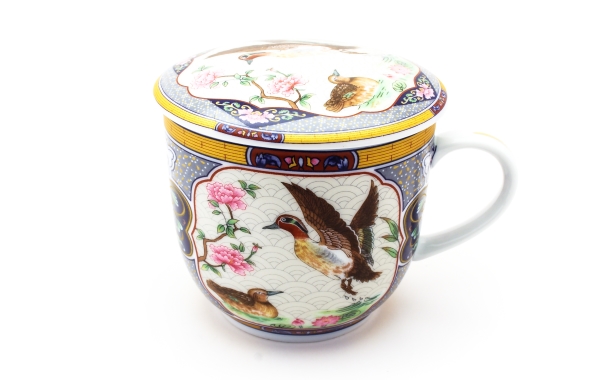
What are you Looking for?

 the chinese herbal prescription si ni tang is used for
the chinese herbal prescription si ni tang is used forheart yang deficiency, kidney yang deficiency with internal cold, shao yin cold, yang ming cold, excess use of diaphoretics in tai yang stage febrile disease leading to loss of yang.
 symptoms indicating the use of si ni tang
symptoms indicating the use of si ni tangextremely cold limbs, aversion to cold, sleeping with knees drawn to chest, lethargy and constant desire to sleep, vomiting, diarrhea with undigested food, abdominal cold and pain, no thirst, edema, pale or red face, cyanotic lips and nails, cold sweat.
 western interpretation of si ni tang
western interpretation of si ni tangacute myocardial infarction, cardiac insufficiency, vomiting and diarrhea from acute and chronic gastroenteritis, hypopituitarism, hypothyroidism, adrenal insufficiency, intractable arthritis, psychosomatic, shock.
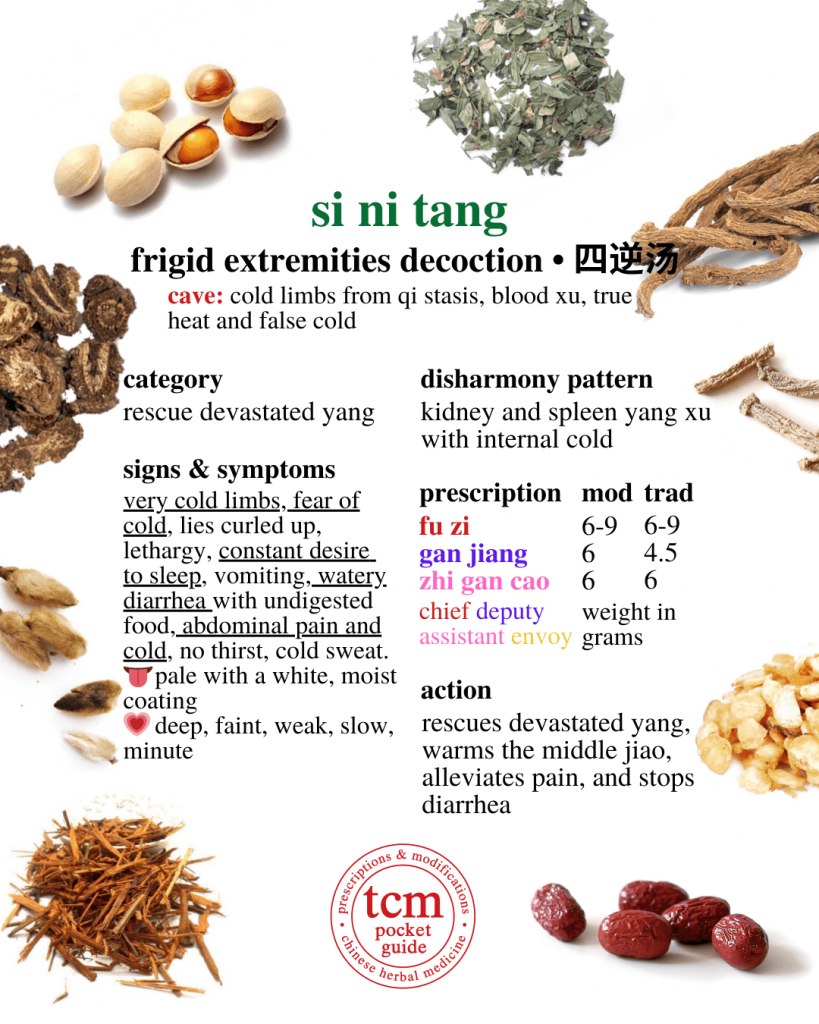

this is kidney yang deficiency accompanied by an increase of internal cold. cold is a yin pathogenic influence that readily injures the yang qi. the kidney yang, which is the foundation of the body’s yang qi, is responsible for transmitting warmth to all the yang organs.
when cold invades the interior it injures the kidney yang, its warming function is inhibited, which is manifested in various signs of deficiency and cold such as extreme cold in the extremities, aversion to cold, sleeping with the knees drawn up, and lethargic state with a constant desire to sleep.
the spleen, which transforms food and fluids into refined essence, is dependent upon the warmth from the kidney yang to carry out this function. when the kidney yang is deficient, it cannot provide adequate warmth to the spleen yang, which reduces the spleen to a “cauldron without a fire under it”.
when the spleen yang is deficient, it cannot digest, assimilate, transform, and transport the essence of food and fluids. as a result, the clear yang cannot ascend, nor can the turbid yin properly descend. vomiting, diarrhea with undigested food particles, and an abscence of thirst ensues. because cold contracts, congeals, and stagnates, congealed cold and qi stagnation causes pain and cold in the abdomen.
the yang qi also nourishes the spirit. when the yang qi is sufficient the spirit will be vigorous, but when the spirit is deprived of nourishment it will weaken, which is manifested in a lethargic state and a desire to sleep. a pale tongue with a white, slippery coating and a submerged, thin or submerged, faint pulse is also indicative of yang deficiency.
(bensky & barolet)
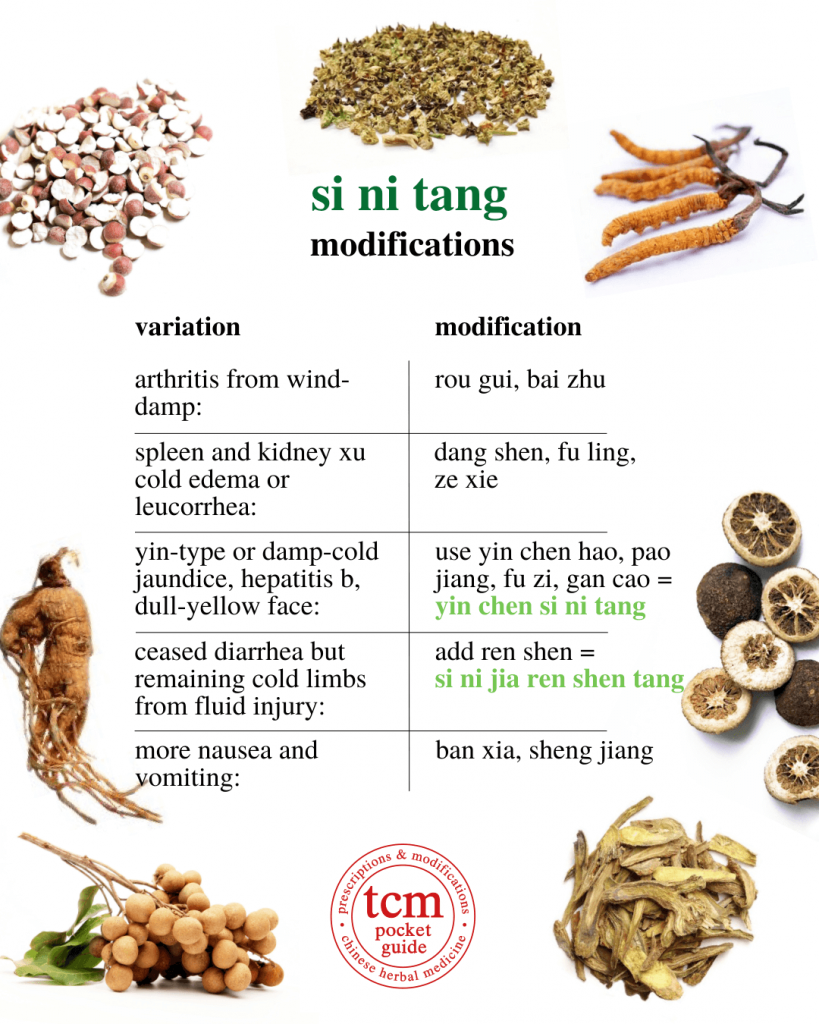
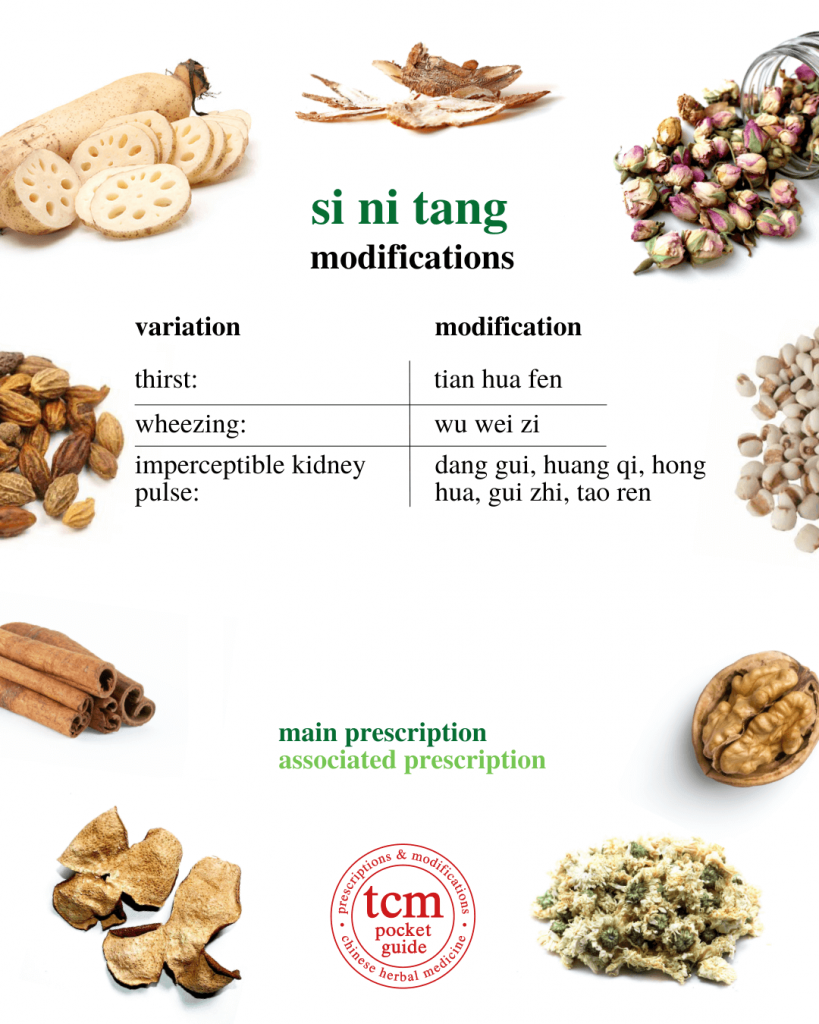
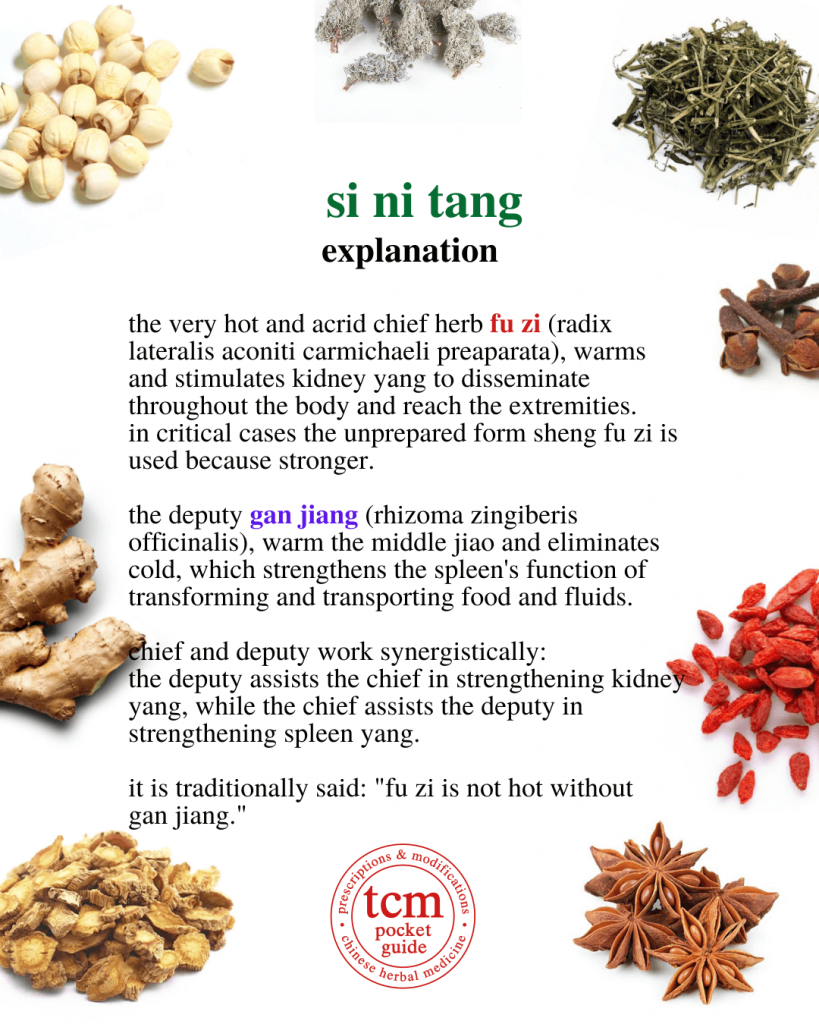
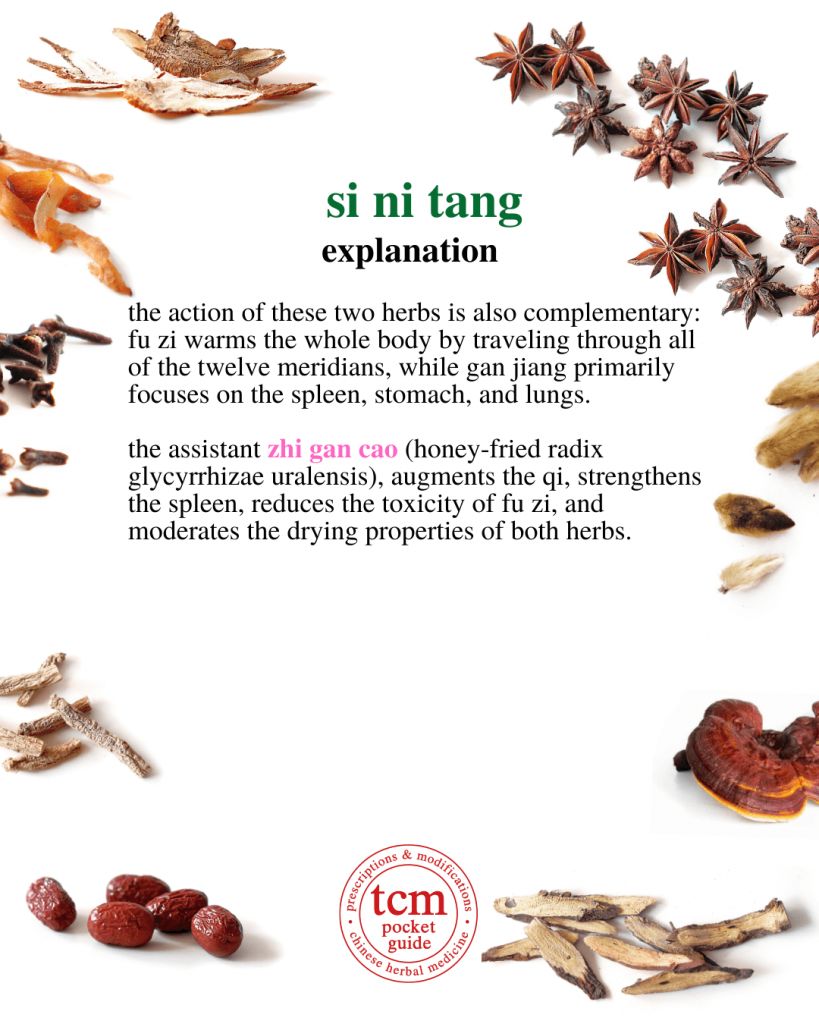
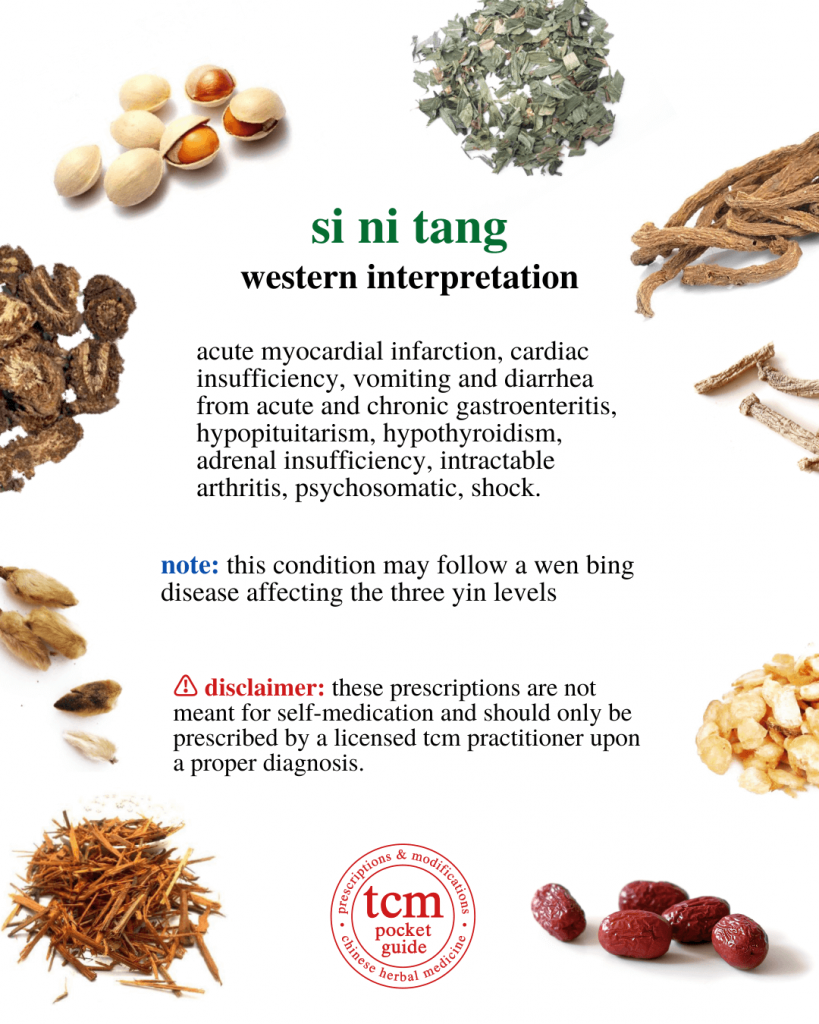

do you have a question? please get in touch with me.